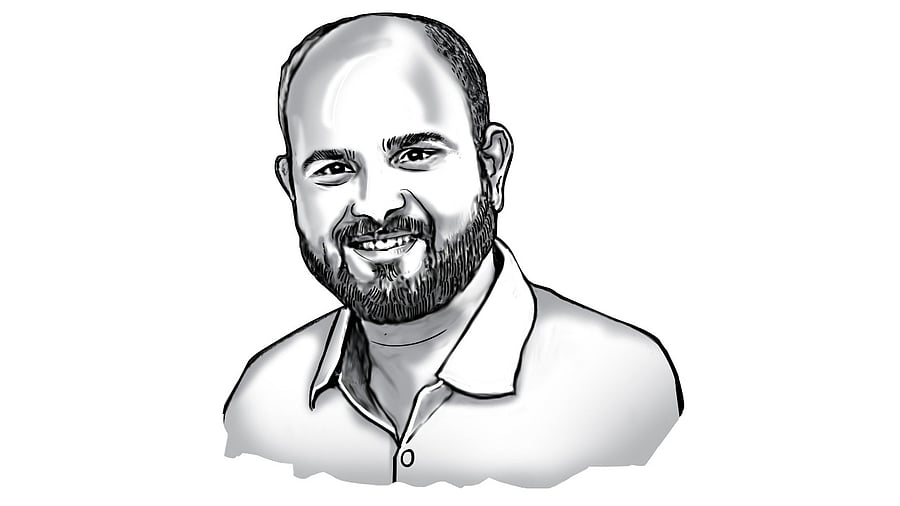
Rahul Jayaram is a teacher and writer who believes we are living through the apocalypse
X: @rajayaram
In director Deepa Bhatia’s 2009 documentary on farmer suicides in Maharashtra, called Nero’s Guests, journalist P Sainath commences a lecture to students on the role of the media by likening the contemporary situation to that of ancient Rome. Recalling the Roman historian Tacitus’ account, Sainath narrates how the emperor throws “the greatest party ever held in the ancient world’’ as Rome blazes. “The issue was never Nero to me – he didn’t cause the fire, says Tacitus – but who were Nero’s guests?”, Sainath asks and declares later, “After five-and-a-half years of covering farmers’ suicides, I think I have my answer.” The film subsequently leads us into the lives, deaths, and hard-won joys of Vidarbha farmers. It quarrels with the priorities of the mainstream media devoting miniscule attention to rural realities and over-covering fashion shows in Mumbai and Milan.
From current evidence, the ‘Nero’s guests’ of this era have worsened in the 15 years since Nero’s Guests was released. The city-centred mainstream media’s deliberate disconnect with India’s rural and semi-urban realities has a long tail, but it wasn’t as woeful since a little before 2014. It more or less went with the then minister Pramod Mahajan’s ‘India Shining’ estimation of the NDA in 2004, and rural voters thought otherwise.
The UPA-I government with feet a bit more on ground introduced MNREGS and other schemes, which benefited them in 2009. The media read that election right. Many mainstream parts of the same media scooped the graft and wheeling-dealing of UPA-II. The Adarsh scam, the Commonwealth Games scandal, and the Niira Radia tapes made Manmohan Singh the laughing-stock of 2011, 2012, 2013. It was the last good moment for big media, post which most of Delhi’s legacy media began crawling, although they weren’t asked to bend.
This writer worked in many of those organisations in Delhi over a decade back. Many of them were so close to power, it was hard to differentiate them from the government. As Sainath has often said of ‘big media’ (well before 2014), “The media is not part of the Establishment – it is the Establishment”. In the last 10 years, ‘big media’ prostrated and transformed into godi (lapdog) media. After this election, political scientist Yogendra Yadav repeated on air, “If the mainstream media had done its job [of speaking truth to power], the BJP wouldn’t have got the numbers they did.”
The question now is: With its reputation in tatters, what do we do with ‘big media’? Should they be allowed to get away as if business is as usual? With 10 years of hate-mongering, fake news, disinformation, dog-whistling, are they not to be held to account? Shouldn’t their licences be cancelled? There is a growing record of proven fake news that anchors have spread. A good part of the role of newer media outlets and some older legacy establishments away from Delhi was to call out their sold-out counterparts in the mainstream. How can one forget the image of so many TV anchors getting scores of inane “interviews” with Modi and not asking a single critical question?
The Western media is no shining light of democracy or truth-telling. Yet, if a powerful Boris Johnson in Britain was brought to book for breaking Covid rules, the credit goes to the British press. In August 2010, Rupert Murdoch-owned red-top News of the Worldbroke the spot fixing story in Pakistan cricket, and was the toast of the town. But there was always an ethical cloud behind its practices. The ‘phone hacking’ scandal destroyed it and led to the sudden closure of a 165-year-old publication. ‘Big media’ in India needs some shock treatment.